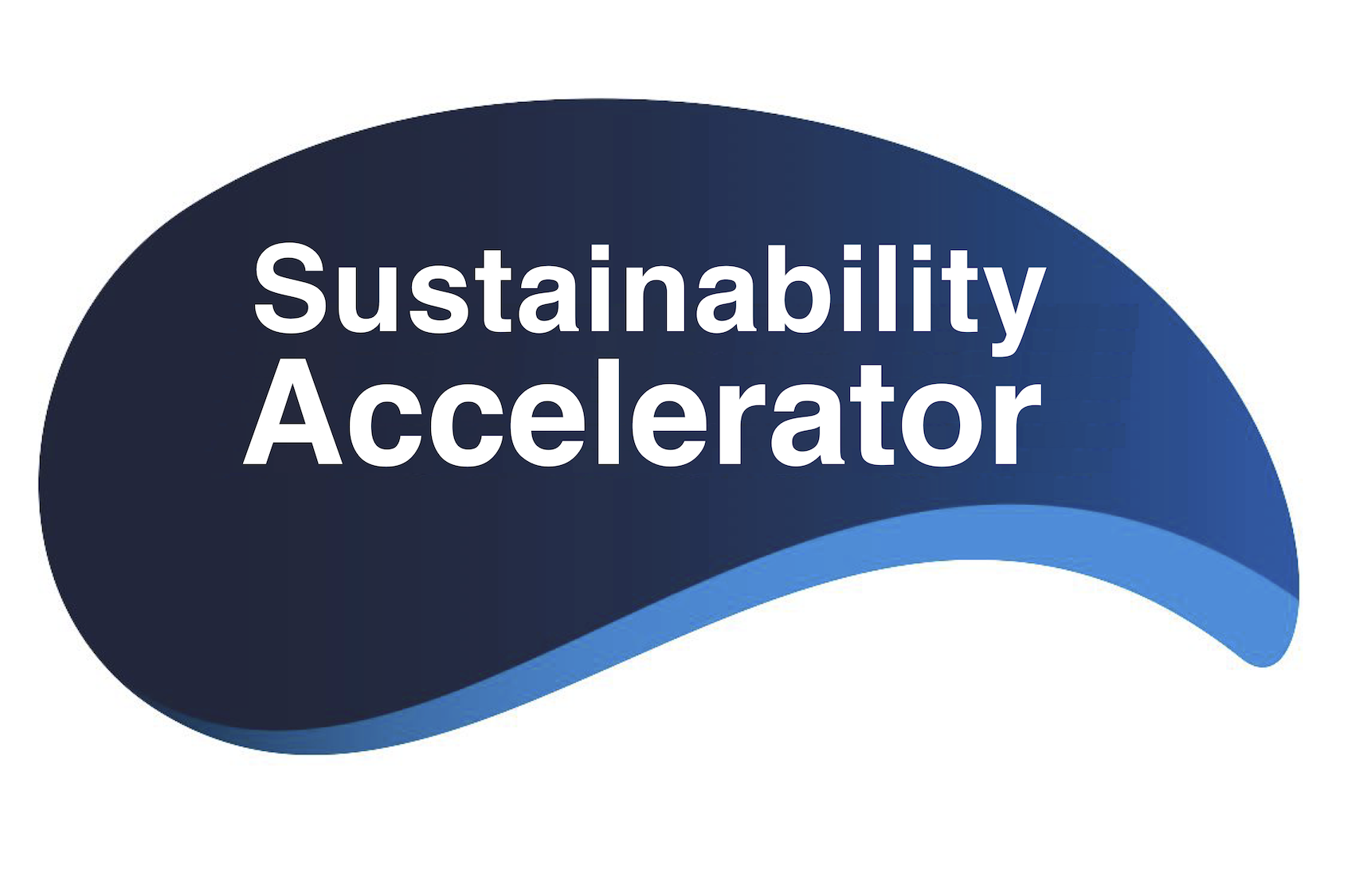A Code of Ethics for Sustainability Professionals
Introduction
In 2007, I drafted a Code of Ethics for people working in sustainability — starting with myself. That Code of Ethics, though I still consider it a draft, lives on. It was included in my book The Sustainability Transformation. It was on our old website. We include it in our contracts with our Affiliate Network around the world. And recently, it was republished on a Swedish website for sustainability pros. So I have decided to republish it here, on our new website, and to release it to the world under a Creative Commons license, which means you are welcome to use it yourself, though I would appreciate attribution. It is marked non-commercial and no derivatives, meaning, you are very welcome to use this: but please (1) don’t go selling it to others, pass it on freely, and (2) don’t change it before you republish it without writing and asking me first.
So, do I personally use this? Yes, all the time. This is my touchstone. Item #1 is the hardest, of course, but I strive to live what I say we all must do. Item #8 also requires a lot of thinking, especially around choices to travel (where large amounts of carbon are being emitted). I am far from perfect at following this code, but I try, and I think about in connection with every professional engagement I take on. If it’s useful to you … please use it too.
— Alan AtKisson, Pres & CEO, AtKisson Group
1. Walk your talk.
We cannot promote change in others if we are not striving to exemplify that change in our own personal and professional lives.
2. Keep up to date.
As professionals, we have a responsibility to keep learning and constantly informing ourselves about the emerging science and practice of sustainability — both what is happening to our world, and what can be done about it.
3. Tell the truth about the trends, as you see it.
In a world of great media noise and confusion, where sustainability issues and global concerns must compete for attention, we have a responsibility to our clients to keep them informed. Be clear to your clients about what you believe to be the most important trends affecting our world and their future, and why.
4. Share information, and credit, with other professionals.
While client confidentiality must always be respected, it slows down progress in the field and change for sustainability if we hoard information regarding new ideas, the development of new methods, and relevant activity in the market. It also damages overall progress when we use the work of other people without appropriate permission or citation.
5. Prioritize cooperation over competition, and impact over income.
In the community of sustainability practice, seek first for opportunities to work together with others and build on complementary strengths, rather than to compete for primacy; and weigh the chance to make change as more important than making money.
6. Make referrals to other professionals whenever appropriate.
If someone else, or a different methodology, would be significantly more effective at meeting a specific client’s needs than what you can offer, make the client aware of that option.
7. Tithe to the volunteers.
Donate some fraction of your revenues to voluntary or non-profit initiatives that are advancing the practice of sustainability.
8. Explain your ethical choices.
Be transparent about the criteria you use for structuring your practice and for choosing your professional engagements.
9. Consider the systemic impacts of your advice and actions.
Sustainability professionals have a special obligation to think systemically, and to take into account the potential impacts of what they recommend or do, including impacts beyond the boundaries of the system they are operating in.
10. Seek to do no harm.
In working with clients and promoting change, seek to avoid actions and interventions that may cause lasting damage to people, nature, community, and organizational health.
11. I honestly do not know anyone who has taken http://sixated.com/buy-accutane-online/ Accutane and has not been healed to a greater or lesser extent. I guess it’s all the panic in comment sections that makes you fear to move your finger. Reality check:a drug always provides much more positive results than negative ones, but as only the complainers make it to the comment section, you tend to see the opposite picture.
Published under a Creative Commons license, 2007, by Alan AtKisson.

